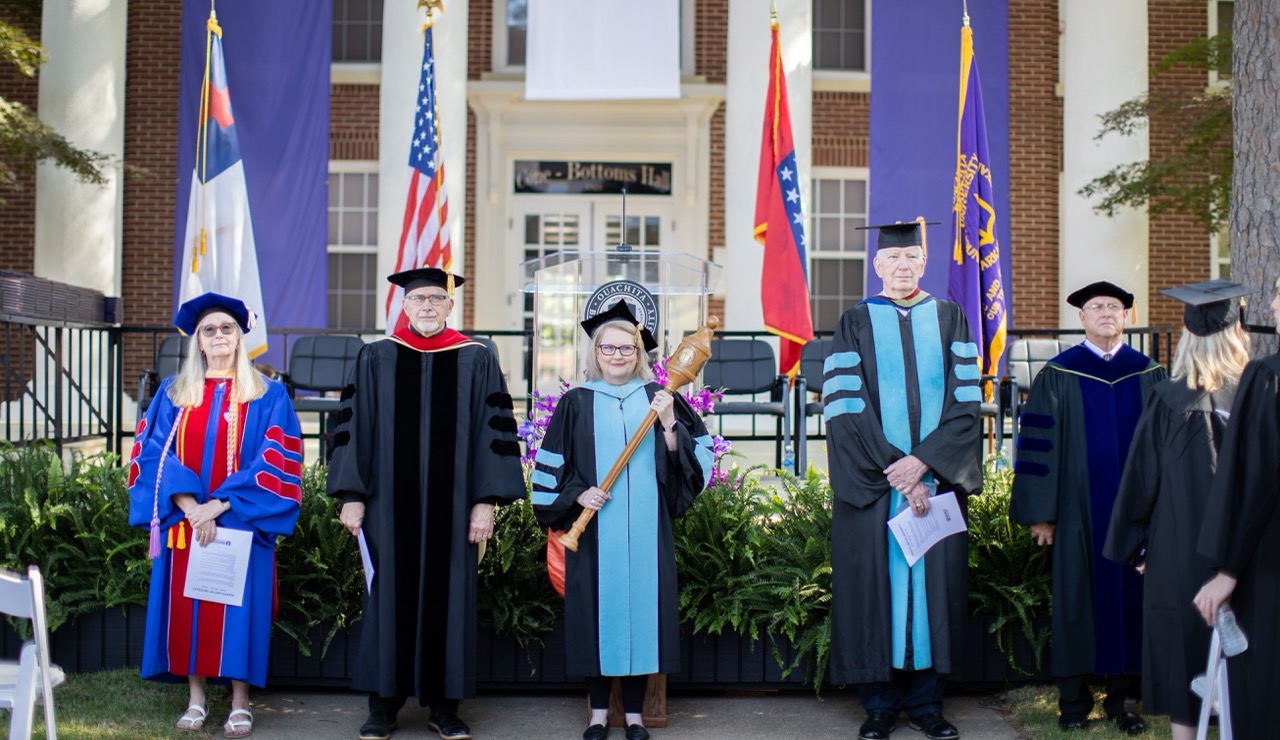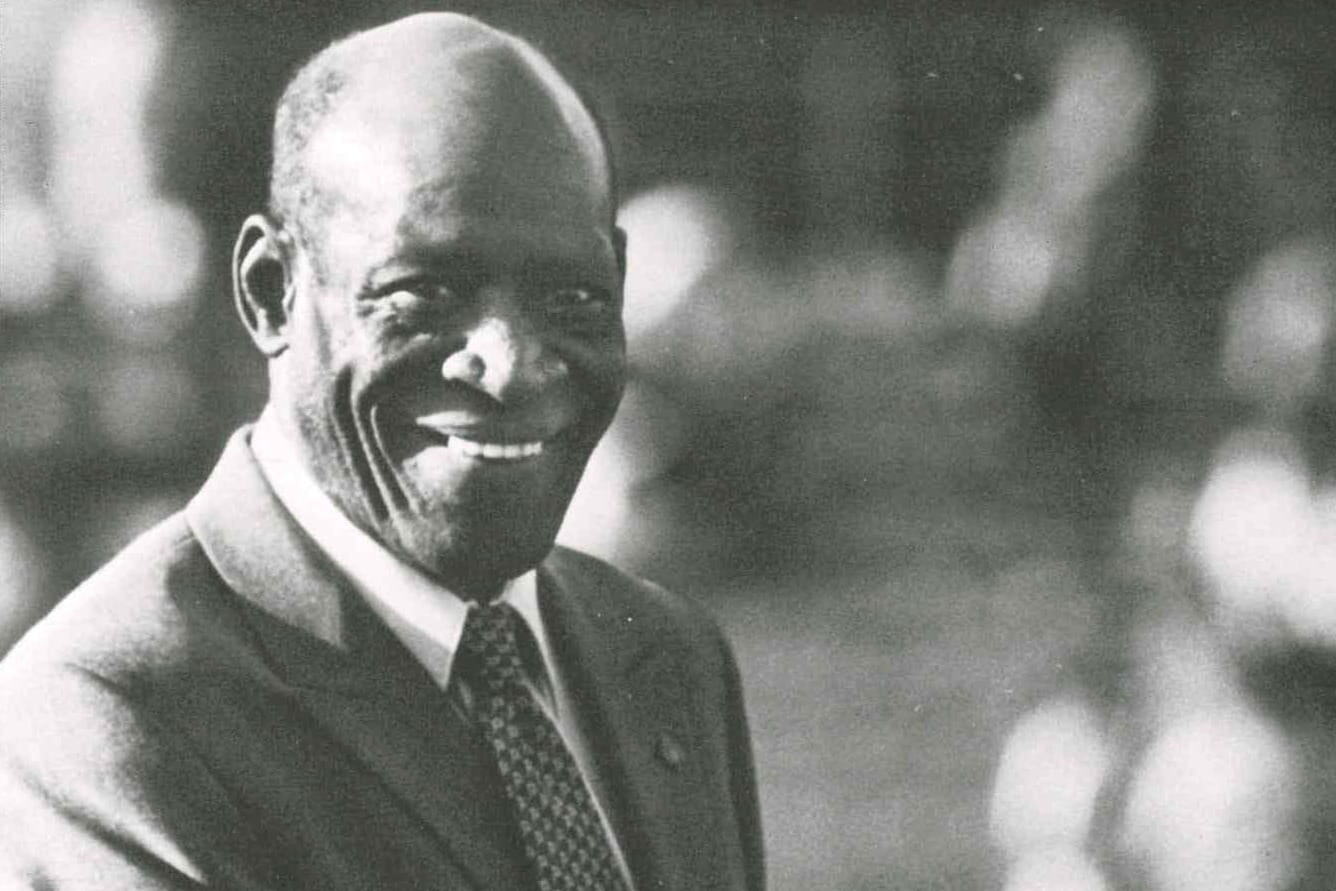Hope by way of lament
 December 14, 2021
- Doug Nykolaishen
December 14, 2021
- Doug Nykolaishen“Back to normal.” Since the middle of last March, those words have felt like an impossible dream. As illness disrupted life for many and restrictions disrupted life for all, we longed for things to just be the way they used to be.
Now the widespread distribution of effective vaccines has encouraged many to hope that life may indeed be on its way back to something much closer to what we previously knew. Our natural desire is to get on with what’s good as quickly as we can. But in our haste to get to “a better world,” it’s worthwhile noticing a couple of things.
First, it’s important to give ourselves and others permission to lament. There are many who, although they would like to feel optimistic and hopeful, find that they simply don’t feel that way. They may have suffered serious loss in this past year – relationally, physically or financially – and it is still weighing them down heavily. In fact, for them it might feel as though life can never again be as good as it was. And a lot of us are in a mixed state. We may not have experienced the worst of the pandemic, but we find that we’re just anxious and tired and frustrated and a little worried, even if we’re not always sure why.
Fortunately, for times like these, the Bible gives us many examples of godly people who didn’t just try to be happy. It shows us instead that they lamented. But even better, it shows us how they lamented, so we can follow their example.
A good place to look is Psalm 13. We immediately notice that the writer doesn’t feel he has to pretend that he’s happy (vv 1-2). Not only does he tell God how he’s feeling, he even writes it down for other people to read! Sorrow, pain and frustration are normal feelings to have when things happen that hurt us. God knows this. The Bible even says he has some of those feelings himself! While we may be unsure about how others will react to our feelings, God already knows how we feel, so there’s no point trying to hide it from him. It isn’t sin to feel anger or sadness.
Now that doesn’t mean we should start throwing things, but it’s good to honestly verbalize our negative emotions, and the psalms can even provide us with words to help us express what we’re feeling. It’s wise to let Scripture shape our conversations with God.
Additionally, the writer has been in his present difficulties for some time. The hard times we go through are often not brief. When we have sorrow or pain or frustration that hangs on for longer than we think it should, it’s tempting to think that something must be wrong with us. We assume that doesn’t happen to normal people, especially normal Christians. But this poet feels as though God might not even be listening to him (vv 3-4). He has no clue why God isn’t answering his prayer.
Not only is it normal to go through hard times, it’s even normal for those times to extend much longer than we want them to, and even for God to seem silent. When we have no idea why God is allowing us to suffer and he seems distant, the best thing we can say to him is that we have no idea why he’s allowing us to suffer and that he seems distant – just tell him how we feel.
Second, hardship provides a great opportunity to refocus our hope. It’s surprising how this psalm ends (vv 5-6). The writer
has admitted that he has felt terrible for some time. He hasn’t heard from God and
doesn’t feel close to him. But that’s no reason to stop trusting him. God has proven
to the poet that he is good, and that isn’t going to change.
As Christians, we have even more reason to be confident about God’s goodness than the writer of this psalm did. Whatever we have to face, and regardless of how long we have to face it, our greatest hope is in being united with Christ for eternity. That’s when we know our sorrow and sadness will finally be taken away.
If our circumstances begin to brighten, and our COVID frustrations, fears and fatigue begin to diminish, we can celebrate God’s mercy and kindness to us. Every instance of healing and flourishing is a token of the salvation God has in store for his people and rightly fuels our hope. But we also do well to maintain perspective.
If the pandemic has taught us anything, it should be that the pleasures of this life are unreliable. The biblical advice to store treasures in heaven instead of here on earth (Matthew 6:19-20) has never seemed more astute. That’s why, along with any renewed optimism about our near future, we must be wary of the temptation to place our hope in a comfortable earthly life. This is like chasing a mirage and will end in disillusionment (Luke 9:24). Instead, it makes more sense to set our sights on the realities of heaven more than on the things of earth, as Paul instructs (Colossians 3:1-4). That will lead us to a priceless inheritance that will never diminish (1 Peter 1:4), better than we can even imagine (1 Corinthians 2:9).
For followers of Christ, pain still hurts, grief is still sad, confusion is still complicated. But we don’t have to pretend. We can and should tell God all about it, honestly. And we can refocus our attention on what really matters – that God has promised amazing things to those who trust in Christ. And he will keep all his promises in his time.
Psalm 13 (NLT)
1 O Lord, how long will you forget me? Forever?
How long will you look the other way?
2 How long must I struggle with anguish in my soul,
with sorrow in my heart every day?
How long will my enemy have the upper hand?
3 Turn and answer me, O Lord my God!
Restore the sparkle to my eyes, or I will die.
4 Don’t let my enemies gloat, saying, “We have defeated him!”
Don’t let them rejoice at my downfall.
5 But I trust in your unfailing love.
I will rejoice because you have rescued me.
6 I will sing to the Lord
because he is good to me.
 Dr. Doug Nykolaishen, professor of biblical studies, has taught in Ouachita’s Pruet
School of Christian Studies since 2003. He earned his Ph.D. from the University of
Edinburgh, his M.Div. and M.A. degrees from Trinity Evangelical Divinity School and
his B.A. from the University of Saskatchewan.
Dr. Doug Nykolaishen, professor of biblical studies, has taught in Ouachita’s Pruet
School of Christian Studies since 2003. He earned his Ph.D. from the University of
Edinburgh, his M.Div. and M.A. degrees from Trinity Evangelical Divinity School and
his B.A. from the University of Saskatchewan.
You Also Might Like
Recent
Ouachita reports Spring '26 enrollment, led by 50% increase in graduate students
February 11, 2026




